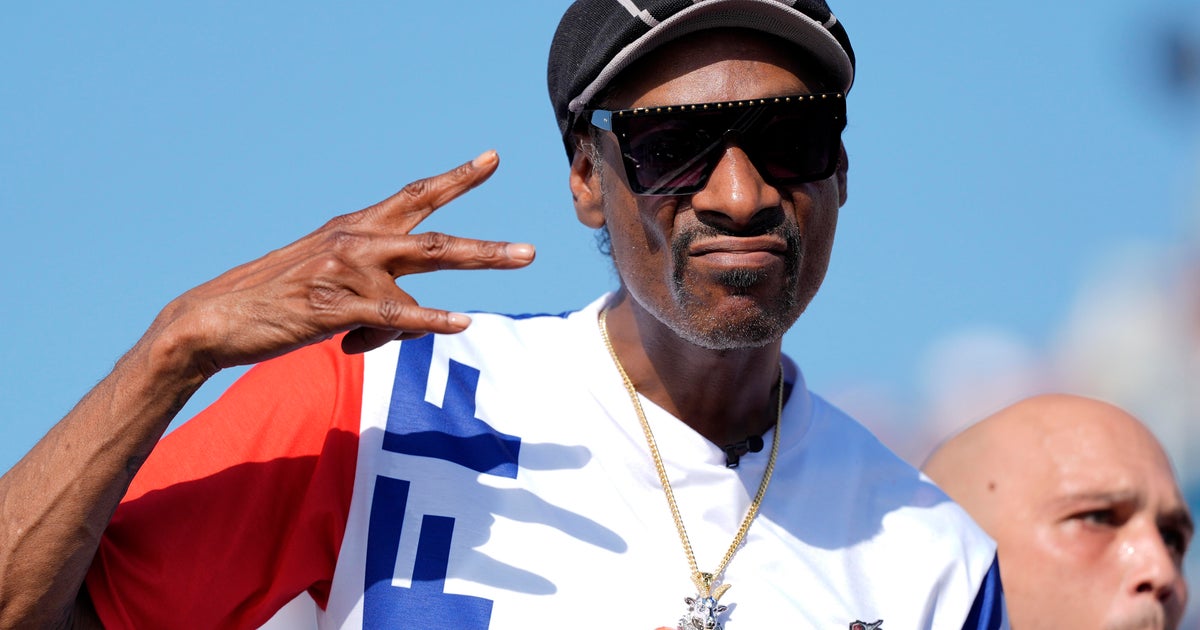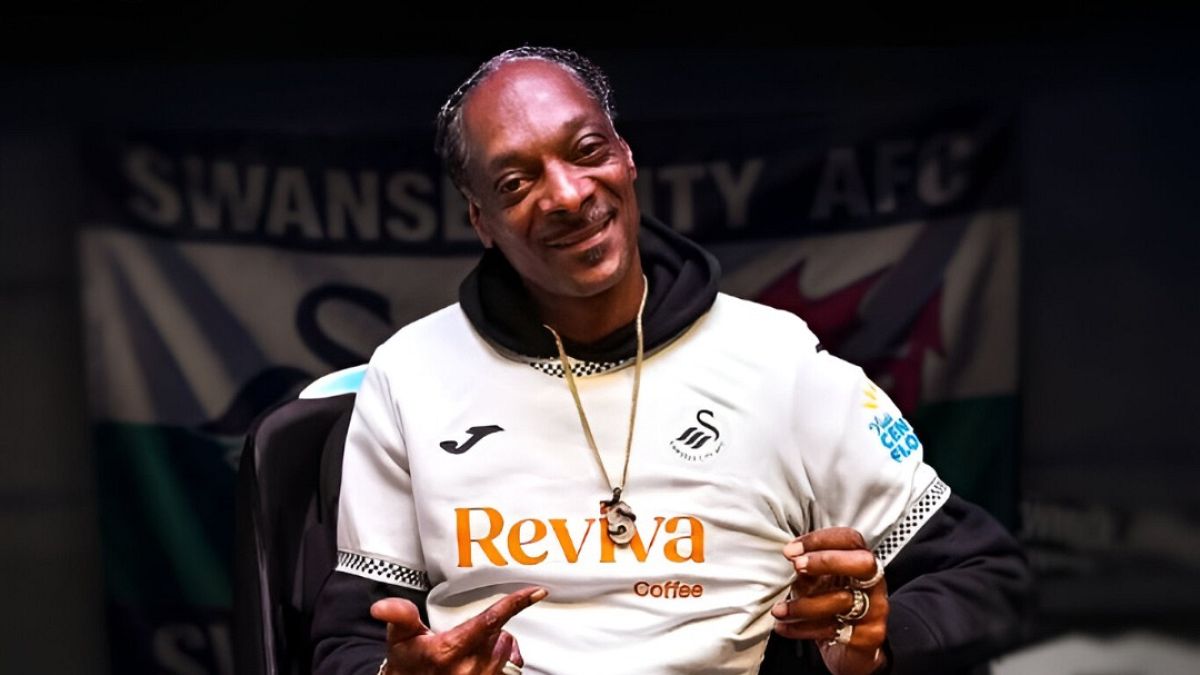Snoop Dogg, the legendary rapper and cultural icon, has made waves beyond the music scene by becoming a co-owner of Swansea City, a club competing in the English Championship. This groundbreaking announcement
Did You Know
The Eiffel Tower can be 15 cm taller during the summer due to thermal expansion.
?
AD
follows his acquisition of a minority stake, marking a significant crossover of celebrity influence into the realm of football. His investment reflects a broader trend where high-profile celebrities are increasingly drawn to the beautiful game, showcasing an evolving landscape in English football.
The allure of Swansea City captivated Snoop due to its rich heritage and "working-class roots." He has publicly expressed an emotional connection to the club's identity, describing it as an “underdog that bites back”—a powerful metaphor that resonates deeply with both his personal journey and the narrative he projects through his artistry. This partnership with Swansea also sees the rapper aligning with Croatian football star Luka Modric, emphasizing the unique synergy between sports and entertainment, and the increasing collaboration among individuals from varied backgrounds.
As Snoop Dogg takes on this new role, he signifies a broader movement in football ownership, where the allure of celebrity can amplify a club’s visibility and foster new fan engagement. His foray into football promises not only to enrich the cultural tapestry of Swansea City but also sparks discussions about how celebrity ownership may shape the future of clubs in the Championship and beyond. With his charismatic persona and innovative vision, Snoop Dogg’s influence could redefine the relationship between music, culture, and sports in the UK.
Q&A (Auto-generated by AI)
What is Swansea City's history in football?
Swansea City A.F.C. was founded in 1912 and has a rich history in Welsh football. The club became the first Welsh team to compete in the English Football League in 1920. They achieved notable success in the 1980s when they were promoted to the top tier of English football. Swansea gained further recognition by winning the Football League Cup in 2013, marking their first major trophy. The club has fluctuated between divisions, but its recent years in the Championship have seen a focus on rebuilding and community engagement.
How does celebrity ownership affect teams?
Celebrity ownership can significantly impact a football team by increasing visibility and attracting new fans. High-profile owners often bring media attention, which can boost merchandise sales and sponsorship opportunities. However, it can also create pressure for immediate success and may lead to conflicts between business interests and sporting integrity. The involvement of celebrities like Snoop Dogg, who brings a unique brand and cultural cachet, can enhance a club's identity, especially in a competitive landscape like the Championship.
What are the implications of Snoop Dogg's investment?
Snoop Dogg's investment in Swansea City symbolizes a growing trend of celebrities entering sports ownership. His involvement could lead to increased global interest in the club, potentially elevating its profile and financial standing. Additionally, his commitment to the club's underdog story resonates with fans and may foster a stronger community connection. However, it also raises questions about the balance between entertainment and sports management, as celebrity influence can sometimes overshadow traditional football governance.
Who are other celebrity owners in football?
In recent years, several celebrities have invested in football clubs. Notable examples include Ryan Reynolds and Rob McElhenney, who purchased Wrexham A.F.C., and David Beckham, who co-owns Inter Miami CF. These celebrity owners often leverage their fame to enhance the club's brand and attract new supporters. Their involvement can also bring a fresh perspective to club management, although it sometimes leads to scrutiny regarding their commitment to the sport versus entertainment interests.
What challenges do underdog teams face?
Underdog teams like Swansea City often face challenges such as limited financial resources, which can hinder their ability to attract top talent and invest in facilities. They may also struggle with maintaining consistent performance against wealthier clubs, leading to relegation fears. Additionally, underdog teams often rely heavily on community support and grassroots initiatives to build a loyal fan base, which can be difficult in a competitive environment where larger clubs dominate media coverage and sponsorship deals.
















